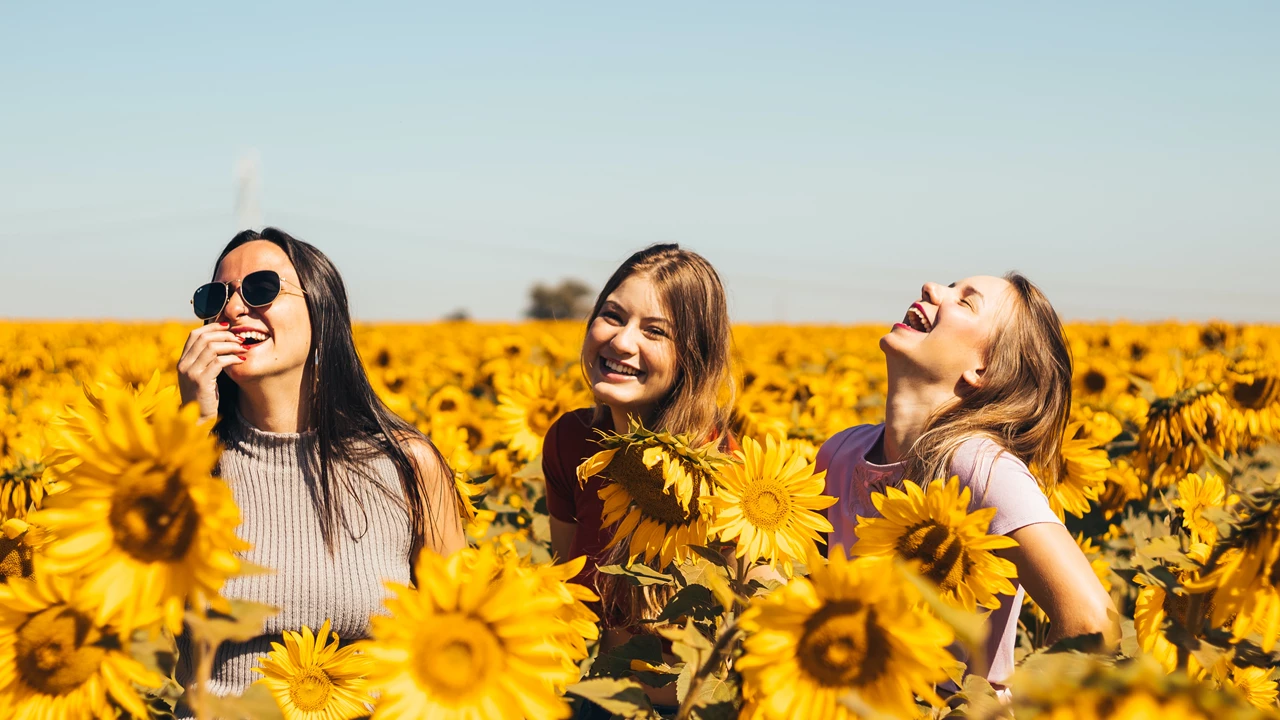The Breath Project is a collaboration by Zanny Mellor, artist and designer, and Hannah Payne, Senior Director, Zuleika Gallery. The project was conceived with an aim to present exhibitions and projects to support artists, and people affected by the global pandemic. The launch exhibition Rhythm Adjust will raise funds for Frontline 19, an independent UK nationwide service delivering free, confidential psychological support to NHS and frontline workers who are, or have been working on the frontline of Covid-19.

Co-curated by Zanny and Hannah, Rhythm Adjust, is a non-profit exhibition presented online and hosted by The Auction Collective bringing together 20 international contemporary artists and 30 artworks that consider breath, from abstract gesture to representation and processes found in nature and the body.
Working in a range of media, some artists explore sequencing and repetitive movements, creating a sense of calm in their order, while others create works that have a vaporous quality, or tension, seeming to hover somewhere between presence and remembrance.
As the Covid-19 virus swept into our lives, I began to think of the collective breath of the nation and suddenly breath became the sole subject that connected us all globally.
- Zanny Mellor, 2021

Frontline19 is a social enterprise set up in response to the pandemic; They support NHS and frontline workers with pro bono psychological support. Frontline19 are in need of funding so that they can continue the invaluable support that they offer. They support health and social care professionals, from nurses, doctors, paramedics, to care home staff, police and the fire service.
I am so grateful for the support I have received, it has been indescribably valuable and I am recommending this to lots of friends and colleagues who have been struggling during and post the pandemic. I cannot thank you enough and will move forward with tools and knowledge that I am sure will continue to help me in a career in medicine.
- Frontline worker in praise of Frontline19
In these extraordinary times of uncertainty following the global pandemic, the role of the arts and creativity has come to the fore with its ability to provide comfort, create community and promote wellbeing at a time when we need it most.- Hannah Payne

The work channels the movement and energy of repetitive mark-making to express a rhythmic record of passing time; a visual form of rumination that both captures and invokes the spirit of introspection.
- Becky Allen, 2021

"The premise of ongoing The Link series is linking places that have personal significance for me with activity in the studio. During 2020/21 short and rare visits to the nearby coast in Norfolk, observing the rhythmic waves and breathing deeply, was a powerful encounter." - Marion Piper, 2021.
In the last 12 months Frontline 19 have supported over 50,000 sessions for frontline workers who have experienced trauma and emotional distress.

The current works on paper are originals and not intended to be studies for paintings, but a meditation in colour; an intuitive study on the complex effect visual art has on the nervous system.
- Anna Lieber Lewis, 2021

In lockdown I was drawn to the fresh subject of London skies and discovered a strangeness that mirrored life below. As we struggled for answers, I found towering vistas where clarity and ambiguity mixed freely.
- Daniel Crawshaw

Rogers’ work explores figuration in the realm of the post digital, locating himself between his mostly self built technologies and the artist’s hand to explore the ecosystem that exists between us and the emerging digital/ physical landscape.
"A chemigram is an experimental technique where an image is made by painting, dripping or submerging light-sensitive paper in chemicals. The moon is created by placing a cylindrical object on the paper and exposing it to daylight. The paper remains white underneath the object where it has been obscured from the light. Then I begin the process of submerging the paper into different chemicals, sometimes only partially, and for different amounts of time. It is an unpredictable and exciting process that leaves a lot down to chance." - Emilie Pugh, 2021
Presenting work in non-art spaces and everyday landscape initially started as a ‘reaction against’ and a ‘mechanism to support’ viewing work on digital platforms. By documenting paintings in urban landscapes such as industrial estates and car-parks, Sara Dare insists that the paintings work harder to engage with their audience, whilst also finding their own relevance in terms of proportion, colour and physicality.
"The title refers to the number of lines that were required to make it – each line is scored by hand using an etching needle directly into the aluminium." - Ben Gooding. Ben's work has largely been grounded in a systems based drawing practice that explores how a structure or composition can be generated from the methodical repetition of a linear form.

















